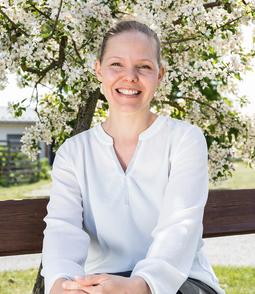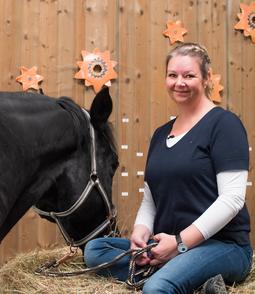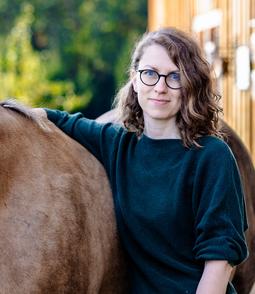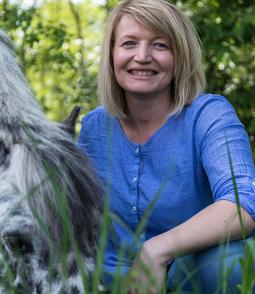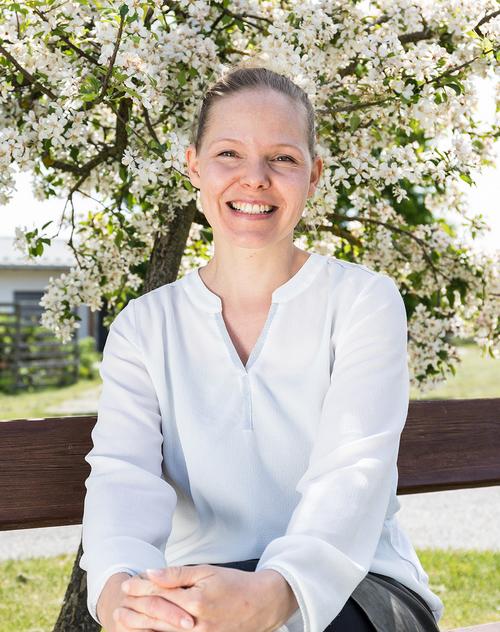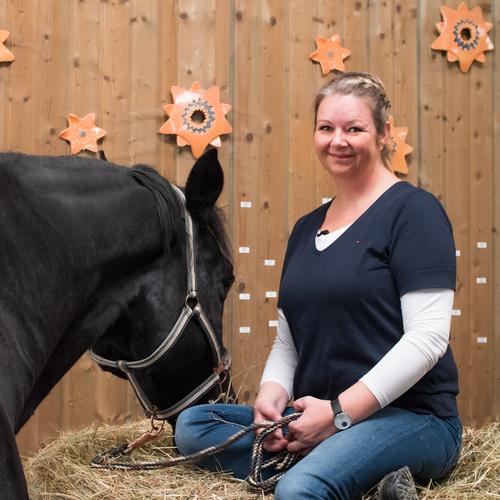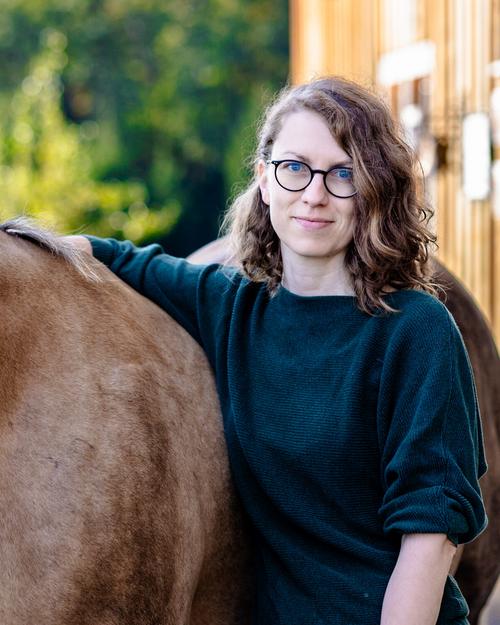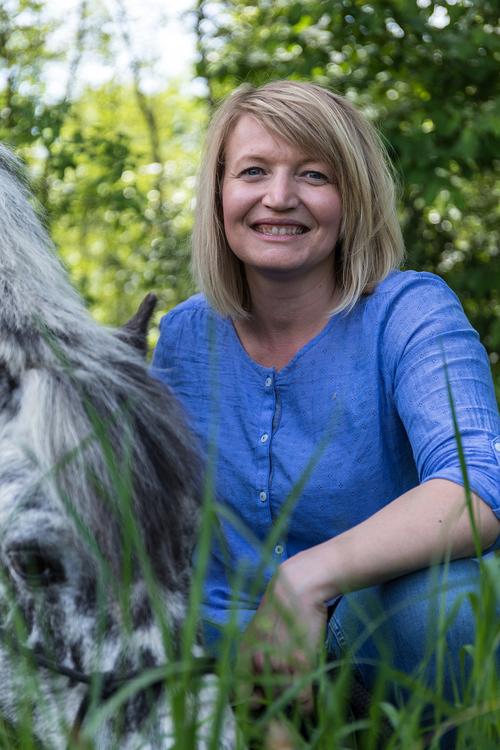Therapeutic horseback riding
This holistic form of therapy enables patients to experience being carried, quite literally. Horses do not just raise us outwardly, bodily, but also lift us up inwardly; they give us balance through their movements, lend us their legs to be on the move and are sensitive, unbiased social beings. Horses offer various possibilities: they don't mind being observed, touched, groomed, fed, ridden; absolutely authentic in their behavior, they have a keen sense of registering human sensitivities. They do not evaluate, pity, or punish. Because they can feel that they are gently rocked they are optimally suited to heal wounded trust and to satisfy the need for affection. By experiencing their own accomplishments or mastering the exercises around the horse, children go through immediate feelings of success, thus enhancing their self-assurance and trust in their capabilities. With the help of animals, a high quality of life and considerable enhancement of self-confidence will be achieved through movement, play, fun and joy.
Therapuetic horseback riding as therapy at Sterntalerhof addresses several human levels, each optimally supplementing the concept of holistic guidance through life. At this time we have three different offers to make: therapeutic voltaging, hippotherapy, and horseback riding for the handicapped.
Therapeutic-pedagogical vaulting implies the resource-oriented promotion and process-oriented guidance of children, adolescents, and adults with the help of therapy horses. Tailored to needs and abilities, rehabilitating, socio-integrative, and therapeutical-pedagogical measures are with the help of a horse.
Hippotherapy is a special physiotherapeutic measure, employing the horse's three-dimensional back movements from medical viewpoints. Sitting directly on top of the warm and steadily moving back, the patient has to react to these movements continuously.
In horseback riding for the handicapped, the horse as partner opens the door to medically valuable leisure time activities, including participation in tournaments. Compensatory aids (specially crafted saddles, stirrups, reins) make it easier to achieve horseback riding goals, even in cases of serious disability. Geared to individual needs, the requirements for horseback riding for the handicapped can be more easily measured, therefore readily lending itself to various forms of disability.
Our team members in this field:
